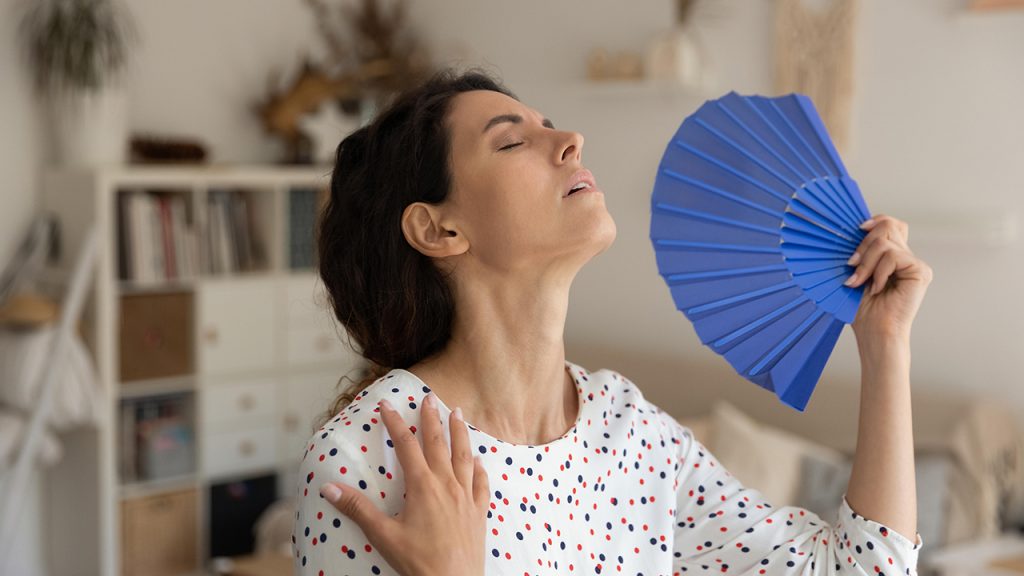 How many of us actually sleep well at night or get a good, undisturbed rest? I was quite alarmed when I discovered that my younger sister was considering visiting a doctor, convinced that she was suffering from some dreadful sleep disorder. Astonished, I asked her what led her to think that. She explained that she had been experiencing disturbed sleep with frequent awakenings and sometimes stayed awake in bed for long periods, constantly checking the clock. This left her feeling tired and exhausted throughout the next day.
How many of us actually sleep well at night or get a good, undisturbed rest? I was quite alarmed when I discovered that my younger sister was considering visiting a doctor, convinced that she was suffering from some dreadful sleep disorder. Astonished, I asked her what led her to think that. She explained that she had been experiencing disturbed sleep with frequent awakenings and sometimes stayed awake in bed for long periods, constantly checking the clock. This left her feeling tired and exhausted throughout the next day.
In today’s hectic and busy life, disturbed sleep is a common issue. I reassured her that there was no need to panic; instead, she could make certain lifestyle changes. In 90% of cases, the issue can be resolved without requiring a doctor’s advice.
In this blog, I have tried to list as many possibilities as I could identify, which, when incorporated into our routines, can lead to a good night’s sleep. Based on your lifestyle and habits, you can start working on these tips and see the difference.
For better understanding, I have categorized “Ways to improve sleep” into 3 major categories
- Foods to Eat and Avoid
- Relaxation Techniques
- Sleep Environment
Foods to Eat and Avoid
- Avoid stimulants like tea, coffee, smoking, and alcohol close to bedtime. While alcohol is known to speed up the onset of sleep, it disrupts sleep later in the night, causing frequent awakenings.
- Pay attention to what you eat. Avoid spicy foods, especially at night. Don’t go to bed hungry or overly full, as this can cause discomfort and keep you awake.
- Limit drinking too much water before bed to prevent disruptive middle-of-the-night trips to the toilet.
- Include carbohydrate and calcium-rich foods like wheat, rice, pasta, milk, and cheese in your diet, as they promote the release of serotonin, a sleep-inducing hormone.
- Green leafy vegetables, especially lettuce, contain opium-related substances that act as natural sleep aids.
- Twitches and cramps can keep you awake during the night. Consuming magnesium-rich foods like sunflower seeds, almonds, and cashews can relax your muscles and help you get a good night’s sleep.
Relaxation Techniques
- Engage in relaxing exercises like yoga before bed to help initiate restful sleep. If you plan on doing a vigorous workout, it should be completed 2 to 3 hours before bedtime. Intense exercise can make it difficult to fall asleep due to muscle soreness.
- Spend 5 to 10 minutes meditating with deep breathing to help decrease stress, relax your mind and body, and improve your sleep quality.
- Indulge in activities that make you happy, like listening to music, reading a book, planning the next day’s work, spending quality time with family, or pursuing hobbies. These can help relieve stress and relax your mind, leading to better sleep.
- Taking a warm bath just before bed can also induce sleep because the sudden rise and then fall in body temperature makes you feel drowsy.
- Avoid emotionally upsetting conversations or thoughts that might cause stress and affect your sleep. One technique that works for me is writing down all my stress-causing thoughts on paper and then tearing it up.
- Do not turn on any electronic devices such as televisions, mobiles, or tablets, as the blue light emitted from these screens is known to impede sleep.
Sleep Environment
- Noise: Abrupt, loud noises from inside or outside the home, like someone talking in another room, a barking dog, or traffic, can disrupt sleep. Steady, low sounds such as a fan or air conditioner can be soothing as they help block distracting noises. You can also put up heavier curtains on your windows, replace windows with double- or triple-paned glass, or invest in earplugs to muffle disturbing sounds.
- Mattress and Pillows: Make sure your mattress and pillow meets your needs for both comfort and support.
- Light: Light is one of the body’s most powerful time cues. The rising sun can wake up the brain long before the alarm goes off. A dark room is the most conducive for sleep, day or night.
- Temperature: The ideal bedroom temperature is 60 to 65 degrees Fahrenheit (16 to 18 degrees Celsius). A room that’s too warm or too cool can disrupt comfortable sleep.
To conclude, I asked my sister if she really needed to see a doctor. She can be her own doctor by maintaining a diary, tracking her lifestyle activities, and using this blog as a checklist. This way, she can find solutions to her own sleep problems, and so can you. However, if sleep issues persist, it might be time to consult a doctor. For further information or guidance, reach out to our certified experts by subscribing to GOQii’s Personalised Health Coaching here.
#BeTheForce

 Monsoons entice you and increase your cravings for street food. But these cravings can come at a cost. During monsoons, food and water are the two things that get contaminated easily. This eventually leads to diseases such as diarrhea, since this season is a time for germs and bacteria to breed in large numbers. To help you out, here are some tips to help you prevent diarrhea during monsoons.
Monsoons entice you and increase your cravings for street food. But these cravings can come at a cost. During monsoons, food and water are the two things that get contaminated easily. This eventually leads to diseases such as diarrhea, since this season is a time for germs and bacteria to breed in large numbers. To help you out, here are some tips to help you prevent diarrhea during monsoons. Have you ever taken a year-long subscription to a gym but barely gone twice before you decided to quit? What about one of those fancy weight-loss diets that never helped you cut out junk food? Is binge-watching episode after episode of a thrilling web series while sacrificing sleep a daily routine? The real question is, how many times have you lost motivation while trying to be your own health coach?
Have you ever taken a year-long subscription to a gym but barely gone twice before you decided to quit? What about one of those fancy weight-loss diets that never helped you cut out junk food? Is binge-watching episode after episode of a thrilling web series while sacrificing sleep a daily routine? The real question is, how many times have you lost motivation while trying to be your own health coach?


